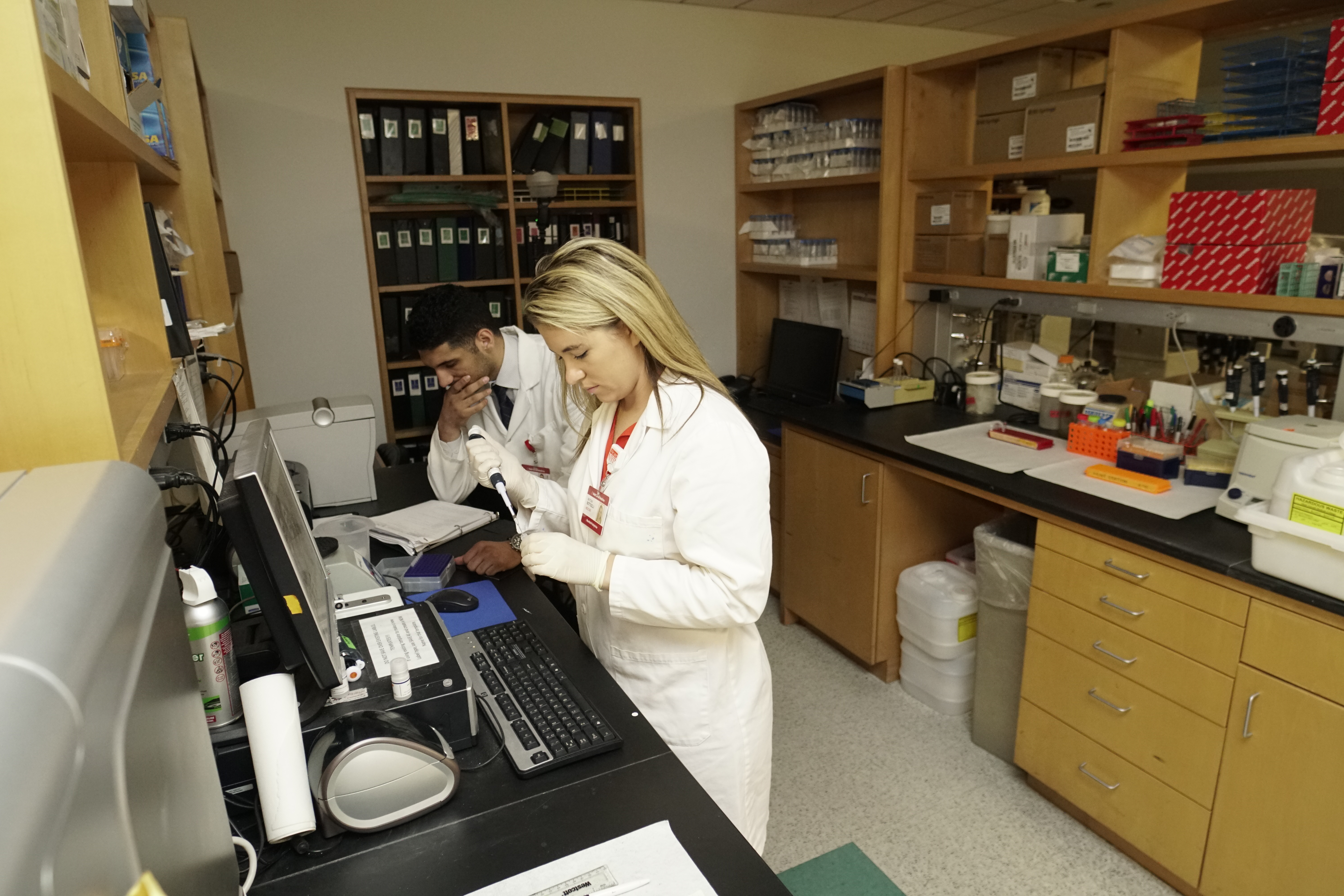October 12, 2021
While treatments for chronic kidney disease (CKD) have recently seen some notable advances, the pace of innovation lags far behind that of other diseases and is insufficient to meet the growing burden CKD places on our health system. An estimated 37 million adults, or 15% of the U.S. population, have CKD and nearly 800,000 have irreversible kidney failure. Our aging population, obesity epidemic, and increased prevalence of type 2 diabetes will increase the risk of CKD and kidney failure, with 1 in 3 adults at risk during their lifetime. However, CKD research funding lags far behind other chronic diseases in total dollar amounts and amount per patient.
In Fiscal Year 2020, the National Institute of Diabetes and Digestive and Kidney Diseases (NIDDK) spent only $700 million on CKD research, or 2% of National Institutes of Health (NIH) funding. Funding for NIH rose 37% between fiscal years 2015 and 2020, while kidney research funding increased by approximately half that percentage.
CKD innovation is far behind that of many other diseases, resulting in lost opportunities for breakthroughs that could improve early detection, slow disease progression, and address disparities. Differences in CKD outcomes—whether due to genetic factors, economic and social factors, or systemic racism—are unacceptable.
Investing in the Future
In December 2020, the National Kidney Foundation convened two Research Roundtables, comprised of nephrology leaders from prominent academic institutions, the pharmaceutical industry, and other experts, to identify and prioritize opportunities for pre-clinical and clinical kidney-related research.
An Advisory Group consisting of dialysis patients, transplant recipients, family members, caregivers, and living donors also shared their perspectives on areas in need of further study. The Roundtables proposed a series of recommendations in pre-clinical and clinical research, where additional funding could help bridge existing deficits in CKD detection and treatments.
The Roundtables’ recommendations include:
- Increased investment in genetic determinants of health across different populations
- Developing animal models that more closely mimic human disease
- Demonstration projects to address and reduce health disparities
- Support for initiatives to improve recruitment and retention of marginalized populations in clinical trials
- Strategies to increase implementation of proven therapies to slow CKD incidence and progression, especially in high-risk marginalized populations
The National Kidney Foundation calls on the National Institutes of Health (NIH) and Congress to significantly increase our nation’s investment in kidney-related research. To send a message encouraging your Senators to invest in kidney disease research and help save lives, click here.








